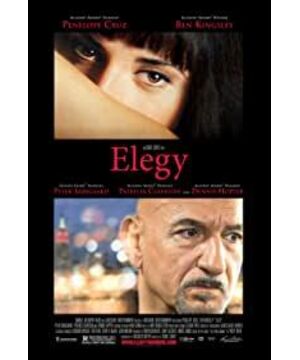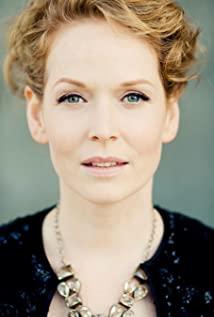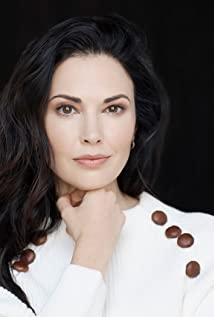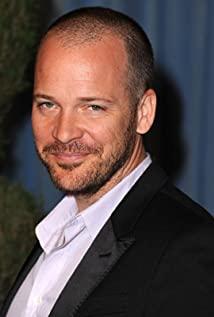The narrative of Lost in Translation is very beautiful and poetic. The lens is slow and long, and it captures people's hearts. All the hidden emotions are in the subtly shifted expressions in those long shots. It is also those slow and calm shots that dilute the narrative to nothing and reveal the mind to the fullest.
However, what I can't understand is why the background of the story is chosen to be in Tokyo, what is the metaphor of this city image? Or is it just a need for tension between vision and characters. East and West; a contrasting impact between classical and modern? The clash of cultures is vivid on paper. From the very beginning, when the old man entered Tokyo and met with the staff, he could see it without a stretched brow. And Scarlett Johansson walked through the streets again and again, looking at the people and things around her with exploratory eyes. When she went to the temple, she watched the marriages full of exotic characteristics in confusion, and the collision of cultures was unobstructed. Maybe it's just for visual needs.
This is a story or emotion about loneliness.
Comparatively speaking, the story of "Elegy" is much stronger. The narrative is not as calm and unhurried as Lost in Translation. You can feel it from the music, the scene, the camera. The beginning of the story is also the appearance of an old man, but his appearance is not as the "master" of the self-world, but the "guest" in the social role cluster. He talked about his scholarship and theory on TV, and exhibited his erudition and humor. Looking complacent. Penelope Cruz in a white shirt appeared in the front seat and caught his eye easily. He thought that this was the same situation as every previous hunting experience, but a stupid girl, an ignorant dedication to Foucault, Plato, Aristotle, literature, history and philosophy, and elegant demeanor, and then It just became the past tense. You don't even need to remember what they looked like in bed. But he didn't know that what shook him this time was not only his eyes, but also his heart. sincere.
He pleases her with his customary compliments at dinner parties, compliments her with classic artistic images, but for bedtime. The narrator recounts his purpose.
Soon, the goal was achieved. It was just that he felt the difference between her and other women. Is this difference, is it a difference in the body, or is it a difference in the soul? I don't think he figured it out himself.
Only, he was serious. He and his old friend George talked about this woman over and over again. George told him from his own values and experience that it was no different from previous "encounters", and he insisted.
What he didn't expect was that she was more serious than him. She wants him to attend her family's graduation ceremony. Attending this ceremonial gathering means the end of a simple relationship and the beginning of another worldly relationship. Obviously, this is a relationship that David neither wants nor can afford. So he chose to escape, called her outside her house, and used excuses to whitewash peace. As smart as she is and as stubborn as her, how can you not understand the advance and retreat?
So, the initiative disappeared for two years. In the past two years, old George died. I think the kisses of old George to his wife and to David when he died, especially moved me, especially combined with the previous paragraph, after years of entanglement and unbearable, the reinterpretation of marriage made him feel for his wife. That kiss meant a lot.
I also don't quite understand what George's death was about. Maybe it's David's arm in the gym that can no longer swing as powerfully as it used to, declaring everything in his life about youth, about glamour, about authority, about dreams, even if it's just the abrupt end of the tail associated with these images. Stop it.
The presence of his son, and the debate with him about marriage and extramarital affairs, is a small wave of the show. But that man's theory seems to be sanctimonious and high-sounding, but it is actually messy and illogical. Same shit theory.
The climax was their reunion two years later. She brought news of breast cancer. Although this section is a bit old-fashioned, I think it can still make people shine. Ryo lay down on the sofa as she lay down in the classic artistic pose he complimented her when they first met, and he used the camera to capture her most beautiful life form. At that time, they should not have gone to bed. That time, he was doing pure aesthetics of her body, not consumption of desire.
After the operation, he appeared in front of her hospital bed and kissed her lips, forehead, eyes affectionately, with extreme tenderness.
Then, the dirge sounded. The shot returns to one of their seaside trips. She took his arm, her long hair fluttering in the sea breeze. Then their figures blur and disappear into the lens.
I remember seeing a view in a book, to the effect that Westerners use their bodies to save their souls, while Easterners use their souls to save their bodies. Therefore, in "Last Tango in Paris", the male and female protagonists confirm each other's existence by making love again and again, releasing and dispelling their inner loneliness. In Eastern philosophy, however, after entrusting the soul to the other party, shyly dedicate the body as if it were a god. I think this is a wonderful point of view. The body is nothing but an object that carries the soul, and it can even exist without the soul, but it is just a shell, and it is the objective proof that we are alive in the world. To be worshipped as a god is nothing but stupidity. Therefore, the consumption of the body cannot be regarded as the release of desire. Desires come from within. Therefore, it has not yet risen to the level of desire. Just in the process of consumption, if you can get an aesthetic experience, then the process is complete. So, I think David's experience with Penelope Cruz is the perfect combination of aesthetics and consumption. As for that damn soul, leave it to the Almighty God.
Teacher-student love is just a gimmick to attract attention. narrative needs. The meaning is the same. The same is about loneliness. The same is about despair.
I think that's probably why the two movies kept overlapping in my brain.
View more about Elegy reviews











